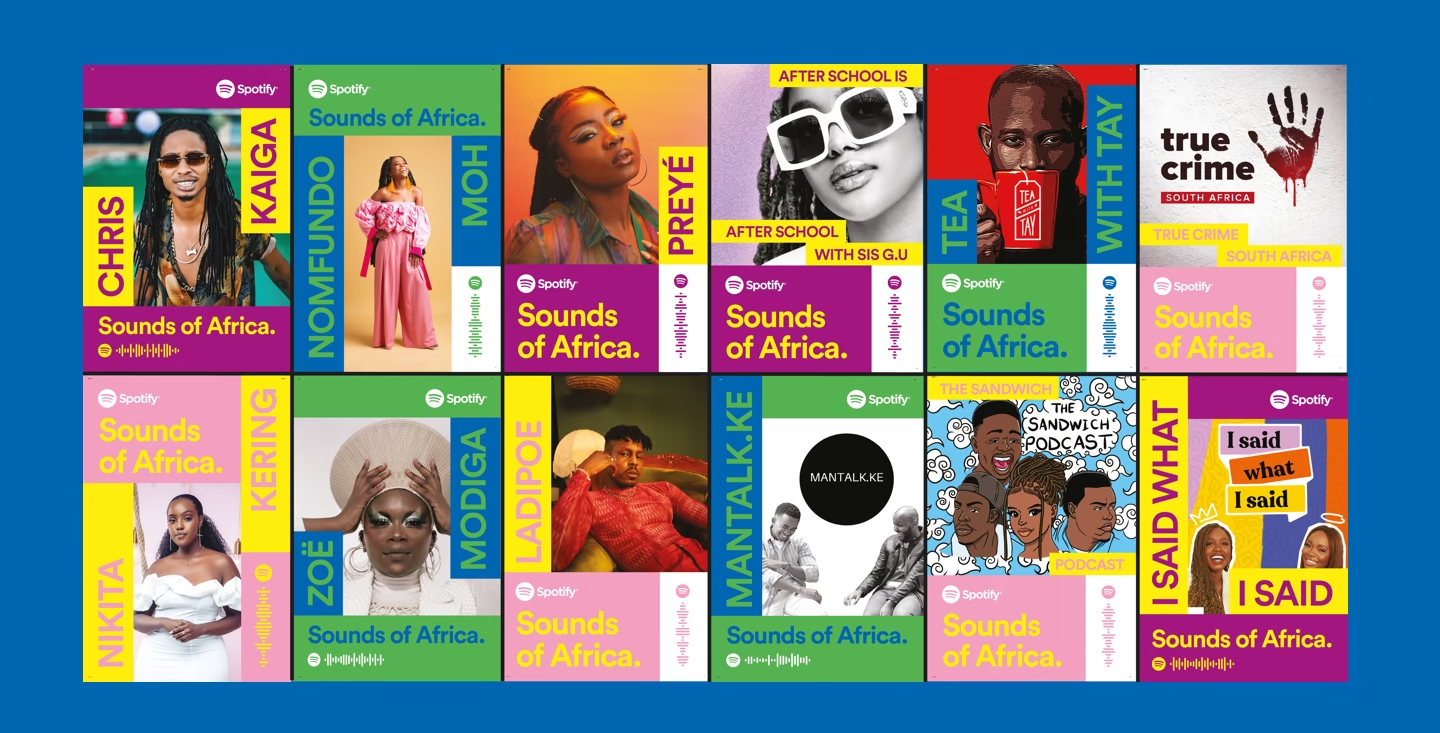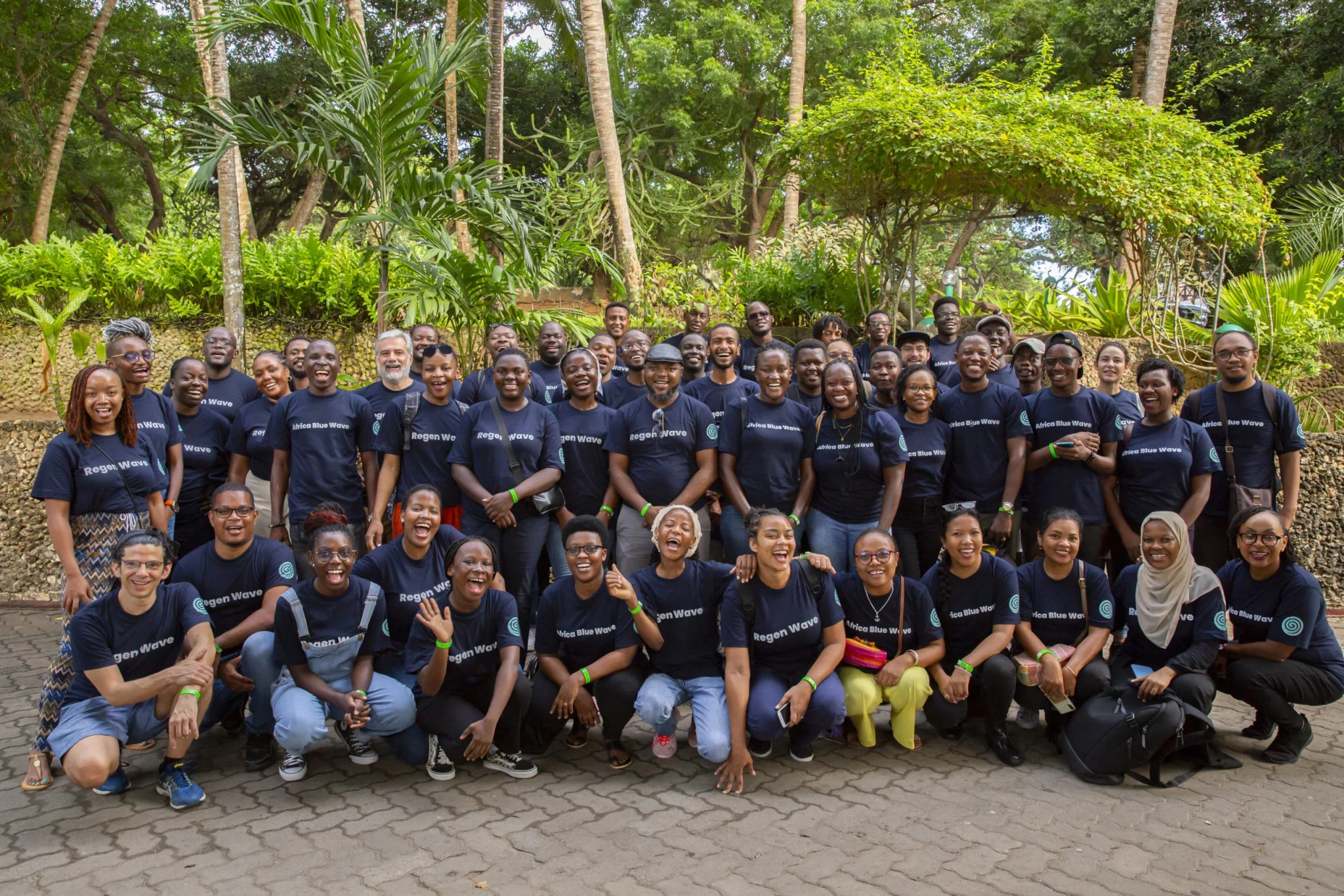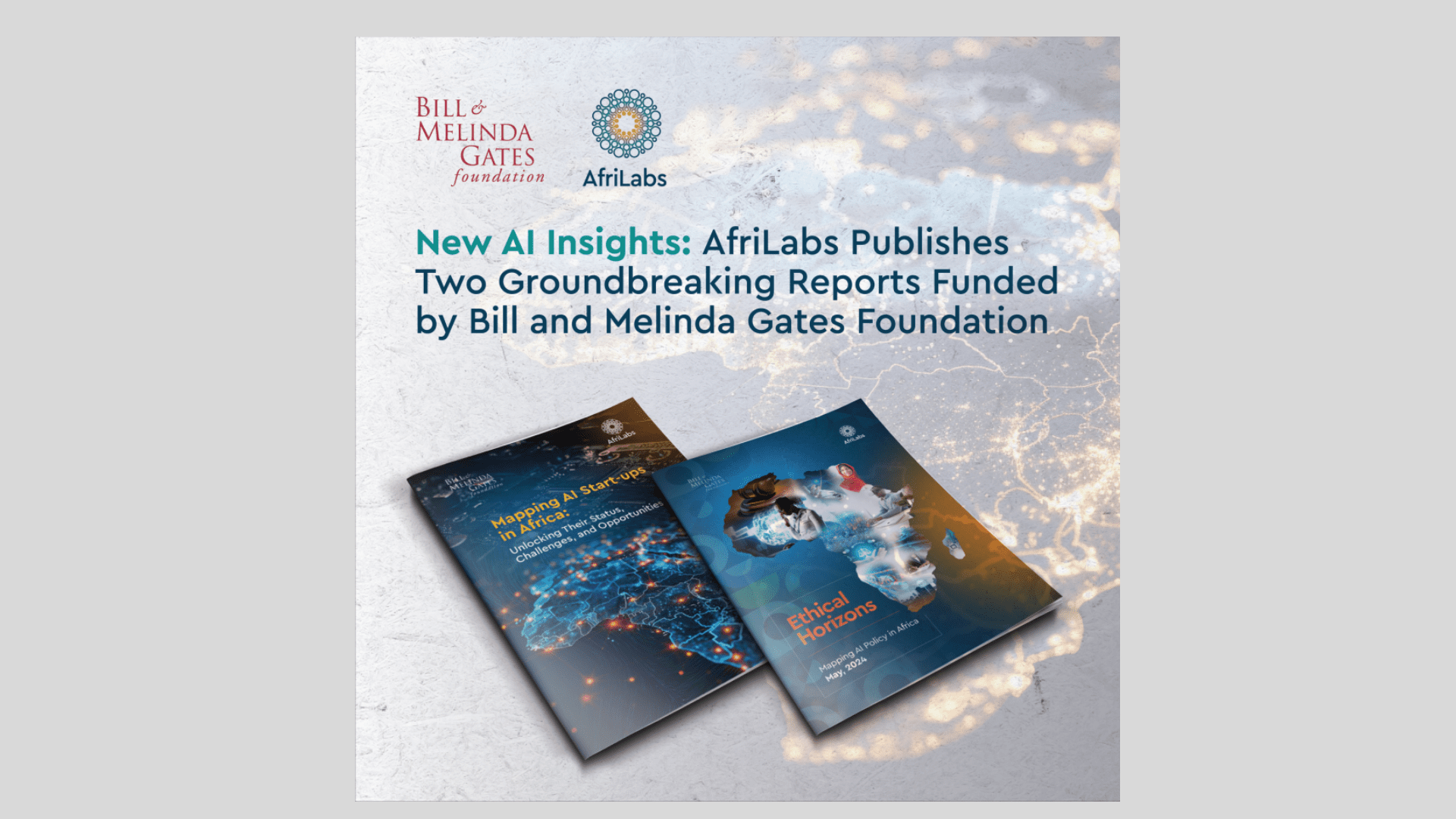In a world increasingly dominated by profit-driven economies and environmental challenges, Bhutan has embarked on a bold new journey to reimagine the intersection of culture, sustainability, and capitalism. The Gelephu Mindfulness City, a 100 billion economic initiative, aims to create a harmonious blend of spiritual well-being, ecological balance, and economic growth. But what does this mean for the global economy and can Bhutan’s vision set a precedent for the future?
Mindful Capitalism is an emerging economic philosophy that seeks to balance profitability with social and environmental responsibility. For Bhutan, a nation globally recognized for its Gross National Happiness index, the concept aligns with its long-standing values of prioritizing well-being over material wealth. The Gelephu Mindfulness City project represents Bhutan’s attempt to attract foreign companies committed to sustainability and innovation. By fostering a unique environment where traditional values meet modern development, the initiative hopes to redefine what it means to pursue economic prosperity.
As nations grapple with climate change, social inequities, and the pressures of globalization, Bhutan’s approach offers a fresh perspective. The city will prioritize renewable energy, green infrastructure, and sustainable practices to minimize its environmental footprint. Residents and businesses will be encouraged to adopt practices that promote mental well-being and community engagement. By setting high standards for sustainability and social responsibility, the project aims to attract companies that share Bhutan’s vision. Can Bhutan balance foreign investments with its cultural and environmental priorities while ensuring that global businesses integrate seamlessly into its economy?
Is this approach sustainable beyond Bhutan’s unique cultural and geographical context, and what lessons can other countries and businesses learn from this initiative? How likely are global companies to align their operations with Bhutan’s high standards for sustainability and well-being? Are consumers ready to demand similar commitments from brands they support? These are critical considerations as Bhutan charts this new path.
The reaction to Bhutan’s vision challenges us to think about the future of global economic models. At 365MarkTech we explore innovative ideas that redefine traditional norms and create opportunities for sustainable development. What do you think about Bhutan’s mindful approach to capitalism? Join the discussion by sharing your thoughts in the comments or on our social media channels.
Subscribe to our newsletter to stay informed about the stories shaping the future of technology, marketing, and sustainable development. If you are a business leader or entrepreneur inspired by Bhutan’s vision, let us explore how these principles can be adapted to emerging markets across Africa. Bhutan’s ambitious project is more than just an economic initiative. It is a call to imagine a world where economic growth is driven by purpose, not just profit. Could this be the blueprint for a more mindful and sustainable global economy? Let us explore the possibilities together.










